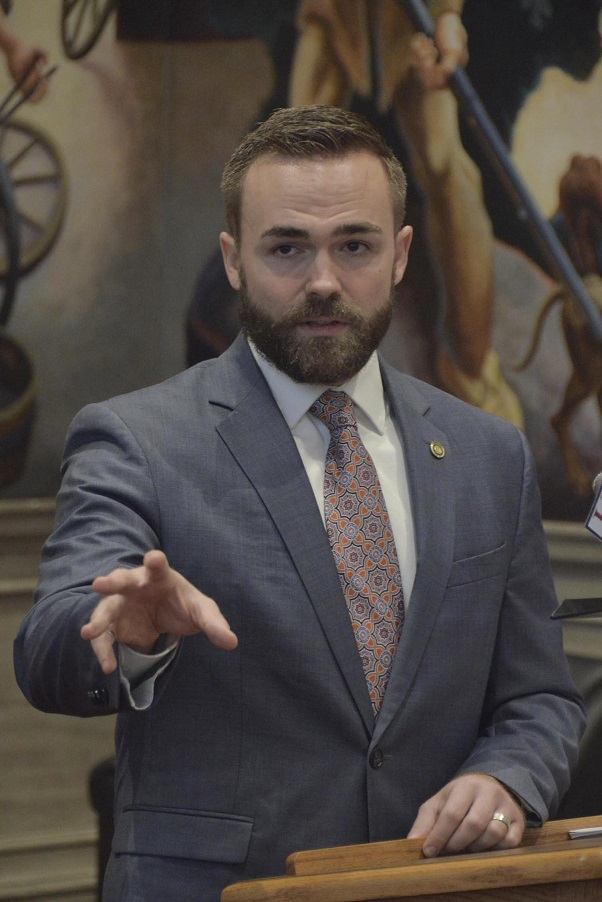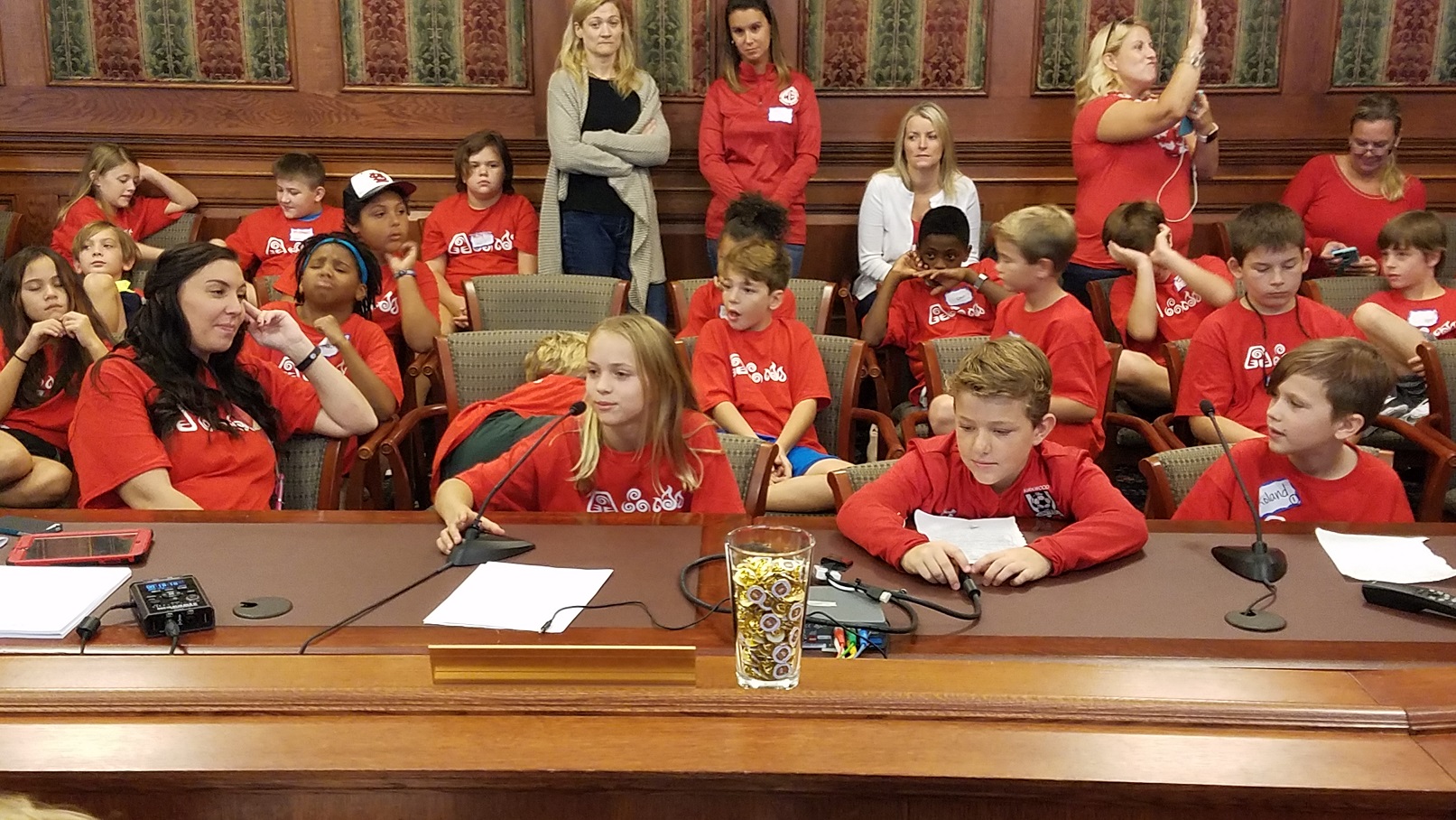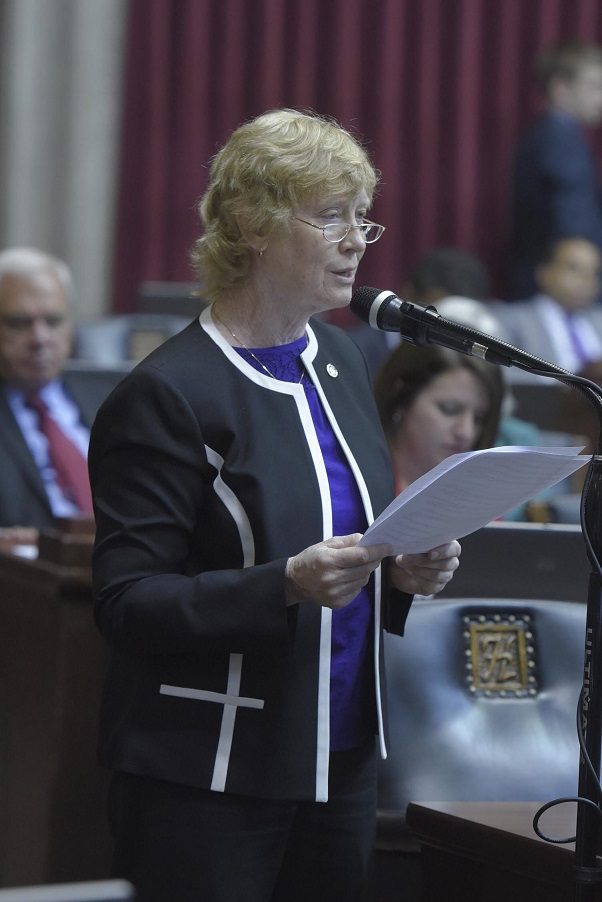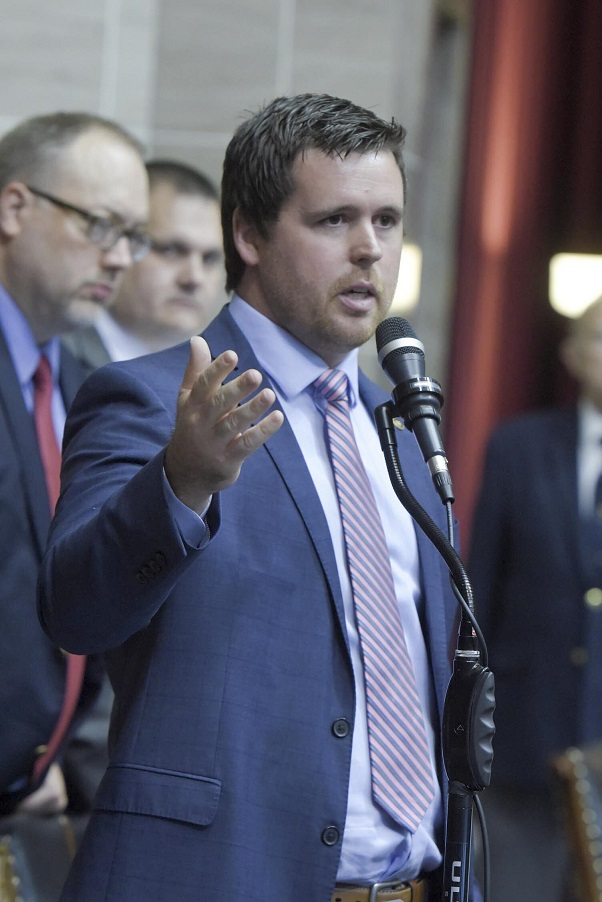The 21st Century Missouri Transportation System Task Force is proposing an increase in the state’s fuel tax to support transportation infrastructure.

The Task Force met on Tuesday to finalize the recommendations that will go into the report it will release before the legislative session begins January 3. It says an increase of 10 cents in the tax on gasoline and of 12 cents in the tax on diesel would generate about $430-million annually for roads and bridges. $43-million of that would go to counties and $64.5-million would go to municipalities.
Such an increase would have to be put before Missouri voters.
The Task Force’s draft report said Missouri’s fuel tax burden is low – 46th in the nation – and the proposed increase would amount to an additional $5 per month for the average Missouri driver.
The report also recommends the implementation of a revenue stream dedicated to multimodal transportation (railways, aviation, mass transportation, ports, waterways, and transportation for the elderly and disabled). The Task Force suggests restructuring Missouri’s Timely Filing Discount on retail sales or withholding tax and/or the discount given to companies that file employee withholding taxes on time.
He said a restructuring of the Timely Filing Discount could generate $50- to $70-million, which is the range of amounts the Task Force identified as enough to enhance multimodal transportation.
The Task Force also discussed a need to make transportation revenue sustainable long-term. Recommendations to that end include increases in usage fees for electric and hybrid vehicles; increases in license, registration, and other non-fuel user fees; exploration of additional taxation of internet sales; and tolling on major bridges.
Other recommendations address safety, exploring and supporting innovation, and considering legislative action to remove barriers to various types of projects, including public-private partnerships.
Corlew said, as he has before, that this Task Force was more than, “just another government study … That’s why we worked extraordinarily hard to find a consensus on some of these solutions, that’s why we reached out to Missouri citizens at our meetings and individual members reached out to their communities at home to get the ideas.”
“We are fully committed to making sure that we really do move our transportation system forward and work as hard as we can to make sure that these recommendations are put into place,” said Corlew.
The Task Force includes 23 members from the state House and Senate, the Governor’s office, members of state agencies including the Departments of Transportation and Economic Development and the Highway Patrol, and representatives of business organizations. It could continue meeting through the end of 2018.













